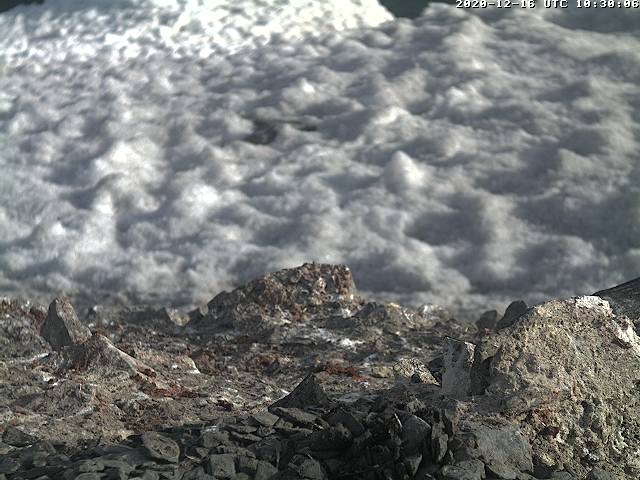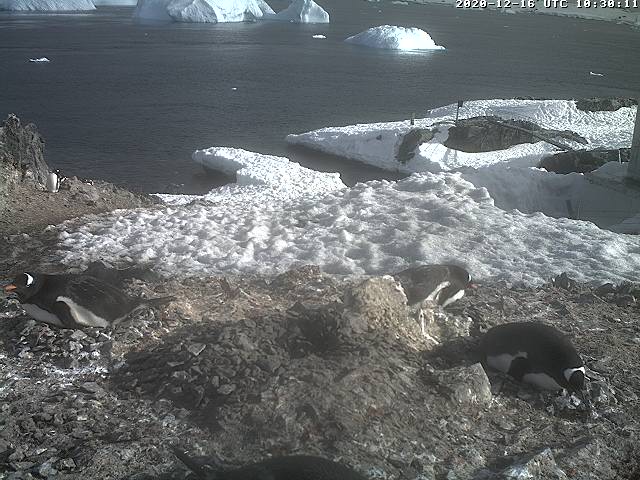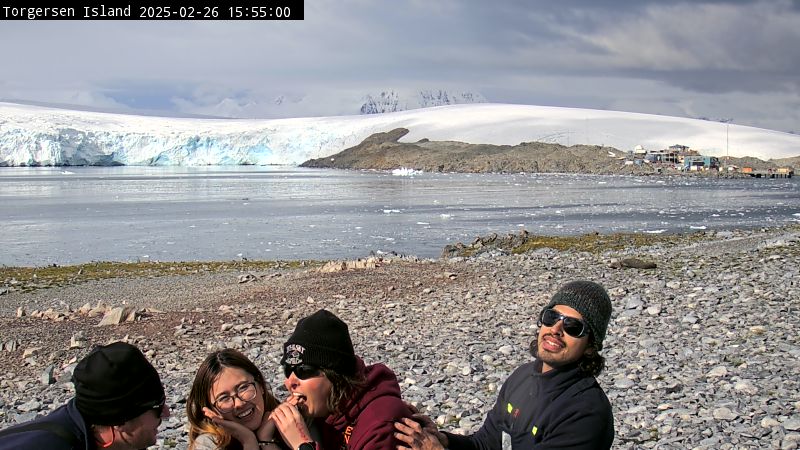SF-Based Court Settlement Mean New Protections For Seven Penguin Species
 Seven species of penguins in the Southern Hemisphere will receive protection under the U.S. Endangered Species Act as a result of a settlement reached in federal court in San Francisco.
Seven species of penguins in the Southern Hemisphere will receive protection under the U.S. Endangered Species Act as a result of a settlement reached in federal court in San Francisco.U.S. District Judge Samuel Conti on Thursday signed off on a settlement reached between the U.S. Interior Department and two conservation groups.
The groups are the Center for Biological Diversity, based in Tucson, Ariz., and the Turtle Island Restoration Network, based in Olema, which sued the government earlier this year.
Catherine Kilduff, a lawyer in the center's San Francisco branch office, said, "Penguins are poster children for the devastating effects of climate change."
Center scientists say that warming oceans, melting sea ice and commercial fishing have wreaked havoc on penguins' food supply.
Turtle Island Restoration Network biologist Todd Stein said, "Finally the government is throwing penguins a lifeline to recovery by protecting them under the Endangered Species Act."
The Center for Biological Diversity's bid to protect the penguins began with the filing of a petition with the Interior Department's Fish and Wildlife Service in 2006.
In December 2008, the service concluded that the seven species should be listed as either threatened or endangered under the Endangered Species Act because of threats from climate change and commercial fishing.
When the service failed to complete the listing process within one year as required by the law, the two groups filed their lawsuit.
The settlement provides that the Fish and Wildlife Service will publish final listing determinations for five of the species by July 30, and for the other two in September and January.
The seven species are African, Humboldt, yellow-eyed, white-flippered, Fiordland crested and erect-crested penguins and a population of the southern rockhopper penguins.
The two groups said they plan to file another lawsuit against the Interior Department for denying listing protection to two other species, the emperor and northern rockhopper penguins.
Source

.jpg)





















2 comments:
Excellent news. Thank you for sharing. Actually - I'm bit surprised that that they were not classified as threatened species already.
We've been fighting this battle for the last 4 years and so you can imagine how sweet success feels to all involved. Ironically, those who can protect penguins live in a different hemisphere, but until now, were indifferent to the penguins' plight.
And thank you for your comments. It's always nice to interact with other penguin folks. :)
Post a Comment